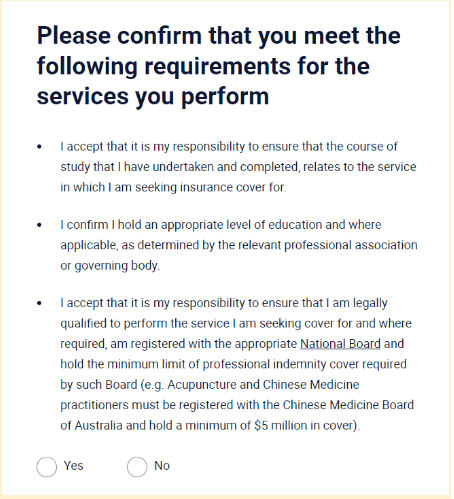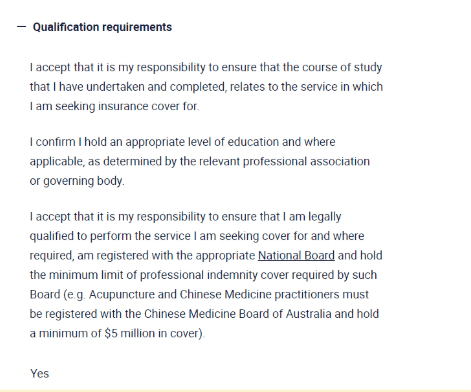September 2024
The Sports Nutrition Association (SNA) aims to clarify the complexities surrounding qualifications and insurance in the field of sports nutrition. We are aware that certain Registered Training Organisations (RTOs) and institutes offering Certificate IV programs in nutrition have made claims that graduates can practice as nutritionists and obtain insurance coverage for their services. Unfortunately, these claims are misleading and potentially harmful to both practitioners and their clients.
Firstly, it’s important to understand that the Australian and New Zealand Standard Classification of Occupations (ANZSCO) defines the role of a Nutritionist as requiring a minimum of a bachelor’s degree or higher qualification. A Certificate IV, while a valuable step in the educational journey, does not meet this requirement. Therefore, claiming that a Certificate IV alone qualifies someone to practice as a nutritionist is false and not in line with established standards.
Furthermore, the insurance products being offered alongside these programs often create a false sense of security. While these policies may cover activities like coaching and advising, they typically exclude coverage for personalized services, which are the core of a nutritionist’s practice. This includes creating meal plans, calculating calorie and macronutrient breakdowns, and recommending supplements.
Additionally, these policies often contain a duty of disclosure clause, typically hidden in the final stages of the purchasing process. This clause requires practitioners to confirm their qualifications and registration with the relevant national board. However, the hyperlink provided for the “national board” typically leads to the Australian Health Practitioner Regulation Agency (AHPRA), which does not recognize nutrition as a registered health profession. This creates a dangerous situation where practitioners may unknowingly operate without adequate insurance coverage, leaving themselves and their clients vulnerable in the event of an adverse outcome.
This situation can be likened to purchasing car insurance that only covers your vehicle while it’s parked in the garage. The moment you use the car for its intended purpose (driving on the road), the insurance becomes void. Similarly, the insurance offered to Certificate IV graduates may seem comprehensive, but it fails to cover the actual activities they are likely to engage in as “nutritionists.”
The SNA urges aspiring sports nutrition professionals to carefully research educational pathways and insurance options to ensure they meet the required standards and provide safe, effective services to their clients. If you have any questions or concerns, please do not hesitate to contact the SNA for guidance.
Key Takeaways:
• Certificate IV in nutrition does NOT qualify someone to practice as a Nutritionist in Australia.
• Insurance policies offered alongside these courses often exclude coverage for personalized nutrition services.
• Practitioners should carefully review insurance policies and ensure they meet their specific needs and comply with regulatory requirements.
• The SNA is a trusted resource for accurate information and guidance on qualifications and practice standards in sports nutrition.
By understanding the complexities of qualifications and insurance, aspiring professionals can make informed decisions and build successful careers in sports nutrition while upholding the highest standards of practice.

